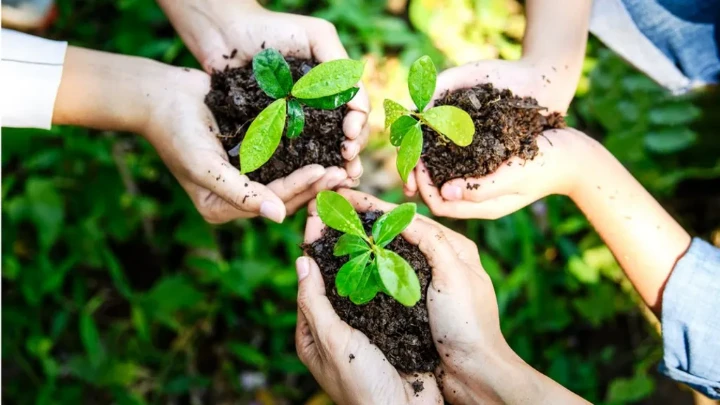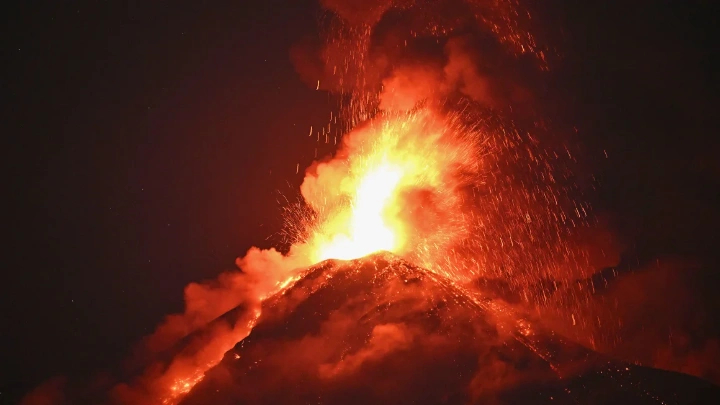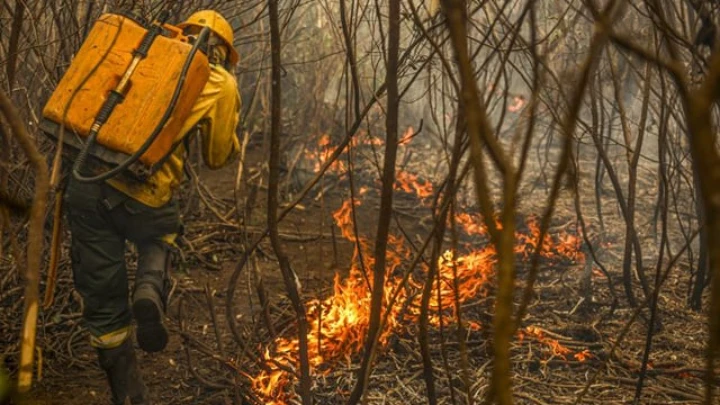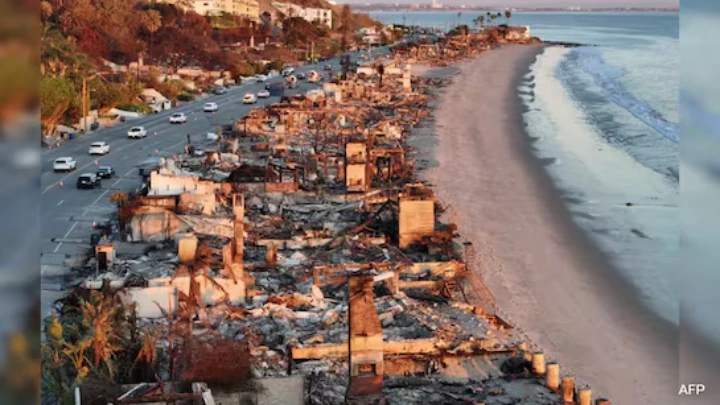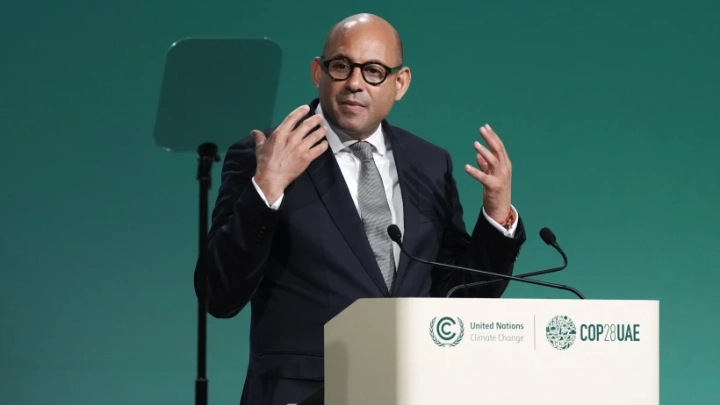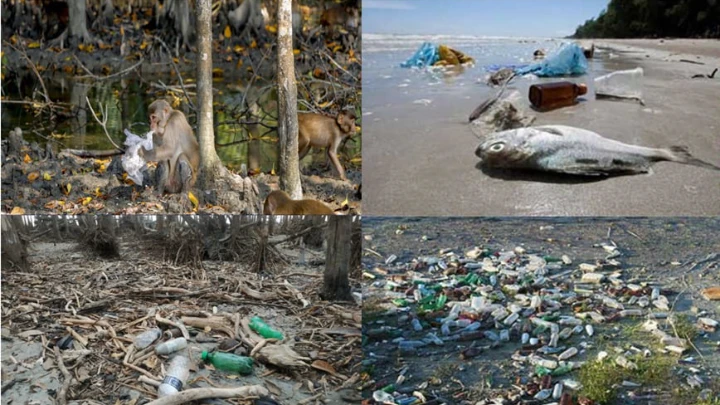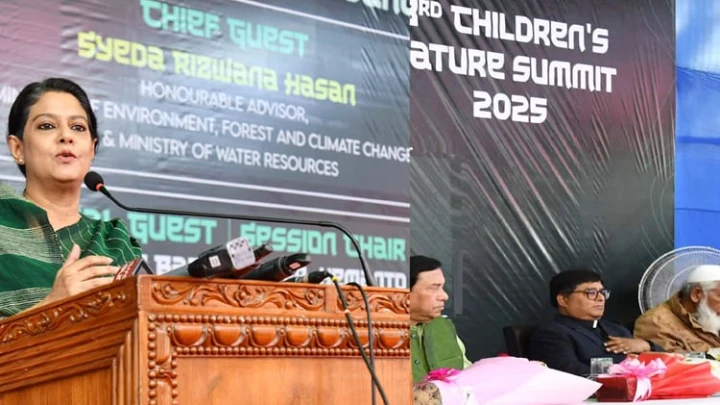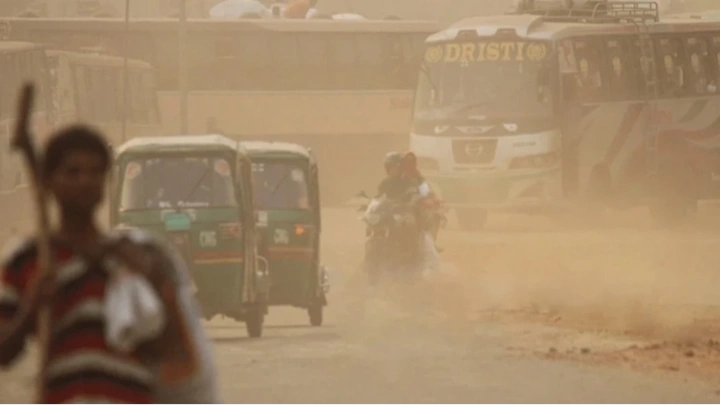What is Earth Day, when is it and what has it achieved?
BBC || Shining BD
Millions of people across the globe are gathering to mark Earth Day and celebrate the environmental movement.
The event began in 1970 in the United States, and is now marked around the world.
What is Earth Day and when is it?
Earth Day is a global event which aims to highlight the importance of protecting the environment.
It takes place every year on 22 April.
It was set up in 1970 by Gaylord Nelson, a US senator and environmentalist, and Denis Hayes, a graduate student at Harvard University.
Both had growing concerns about environmental damage in the US, such as that caused by a large oil spill in 1969 in Santa Barbara, California.
They came up with Earth Day as a way to engage the public and push green issues to the national agenda.
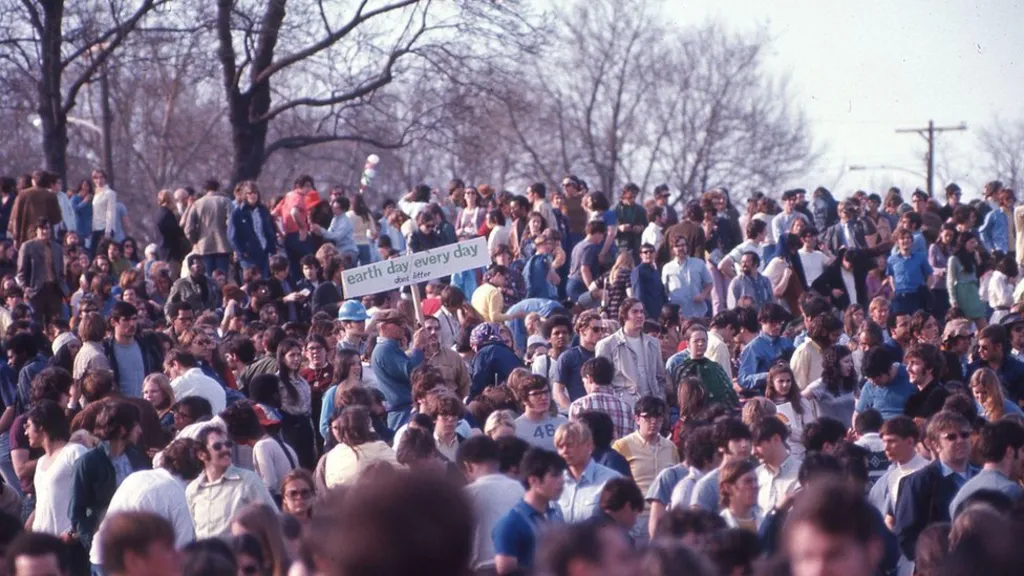
The first Earth Day saw 20 million people across the US take to the streets.
It became a global event in 1990, and now involves over one billion people of all ages in nearly 200 countries, according to organisers.
"Celebrating Earth Day is often the first environmental action for a lot of people," says Earthday.org president, Kathleen Rogers.
What is happening for Earth Day 2024?
The 2024 theme, "Planet vs. Plastics", aims to raise awareness of the harms of plastic pollution for human and planetary health.
Previous events have covered a range of environmental issues, from climate change and clean energy to protecting species and the benefits of tree planting.
This year's focus comes ahead of an historic UN treaty on plastics, which is expected to be agreed by the end of 2024.
More than 50 countries, including the UK, have called for an end to plastic pollution by 2040.
But the organisers of Earth Day want to go further, and are calling for a 60% reduction in the production of all plastics by 2040.
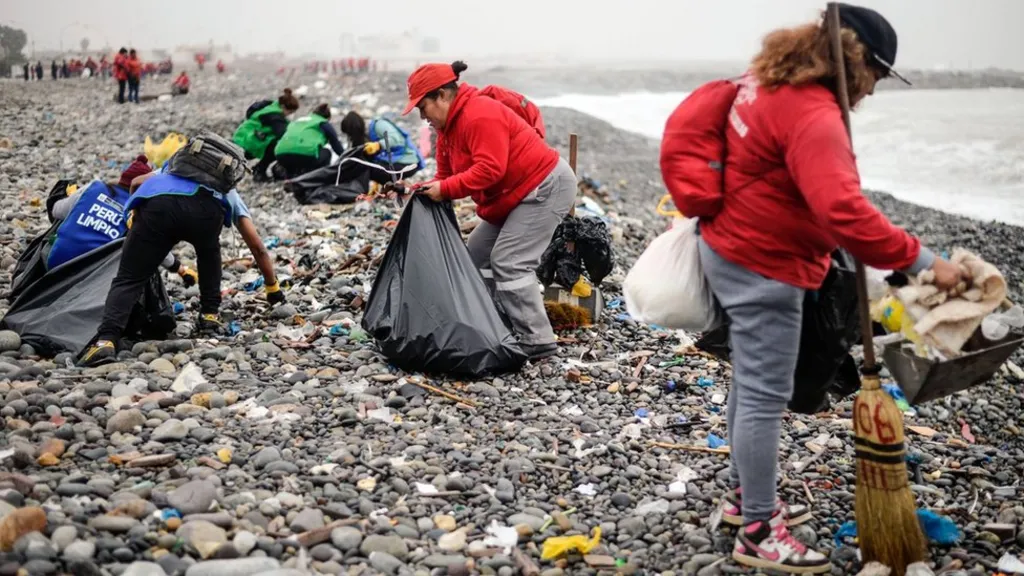
Organisers have suggested that people could volunteer for a clean-up event or learn more about the damage done by plastic pollution.
You can find out what's happening near you via this map, or organise your own event.
What has Earth Day achieved?
Within a few years of the first Earth Day in 1970, the US Environmental Protection Agency had been set up, and several environmental laws - such as the Clean Air Act - had been established or significantly strengthened.
More recent events have included planting hundreds of millions of trees, supporting farmers with sustainable agriculture practices, and starting climate literacy projects around the world.
Some observers also cite the importance of Earth Day in pushing environmental issues back up national and international agendas.
"With a host of issues driving our environmental challenges down society's priority list, events like Earth Day remind us of the long-term cost of short-termism," says Yvo de Boer, former UN climate chief.
In 2016, Earth Day was symbolically chosen for the official signing of the landmark Paris climate accord, which had been agreed in late 2015.
It was the first time that countries of the world had collectively agreed targets to try to limit global warming.
What do critics say about Earth Day?
Some critics warn that these achievements give a false sense of progress.
Many environmental indicators - from global temperatures to species extinctions - are changing rapidly due to human activities. Efforts to date have fallen far short of halting or reversing these trends.
Some individuals and companies have also been accused of using Earth Day as an opportunity to misleadingly promote their environmental credentials, without making the real changes that are needed.
This is known as "greenwashing".
For example, campaigner Greta Thunberg tweeted in 2022 that Earth Day "has turned into an opportunity for people in power to post their 'love' for the planet, while at the same time destroying it at maximum speed".
"We all know greenwashing is happening and it is infuriating," Earth Day organiser Ms Rogers told BBC News.
"It's not an issue we've caused, but we know Earth Day is used cynically by some businesses to [mis]use the ethos of sustainability for their own gain."
"Governments need to take robust action and crack down on any business or industry lying to consumers."
Shining BD

